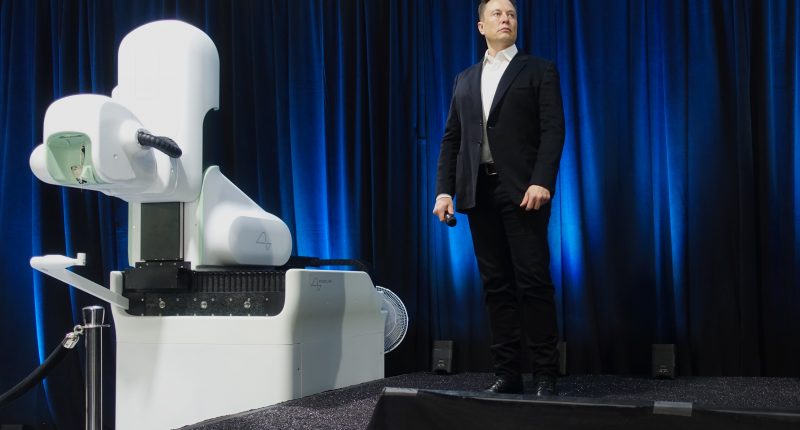Elon Musk’s Neuralink is the latest venture to get into trouble. The ambitious brain chip company is now under federal investigation in the US, for alleged violations of the Animal Welfare Act.
According to a Reuters report, the Musk-founded neurotechnology company is under the scanner over its testing of animals and allegedly violating the Animal Welfare Act – which governs the treatment of animals in research. According to the investigation, the company has caused needless suffering and death of multiple animals by needly rushing its testing process.
It seems that the investigation originated due to internal staff complaints and concerns, as per internal documents and other sources. Furthermore, it was opened by the US Department of Agriculture’s Inspector General at the request of a federal prosecutor in recent months.
This also comes after Musk, at a recent “show and tell” event, demonstrated a monkey with a Neuralink brain implant “typing” characters on a screen. At that time, Musk said that the company plans to begin human trials of its brain chip within the next six months, and that Neuralink has sought the green signal from the Food and Drug Administration to do so.
This investigation follows the earlier accusations of animal rights group Physicians Committee for Responsible Medicine, which accused Neuralink of subjecting monkeys to “horrific abuse” and filed a complaint with the USDA against Neuralink.
Reuters reports that overall, the company has been responsible for the death of about 1500 animals due to its experiments over the past four years. This includes over 280 sheep, pigs and monkeys. While the deaths of animals during and after scientific experiments are not uncommon – and not strict proof of wrongdoing – Neuralink will be in choppy waters if it is discovered that the deaths were avoidable. Several Neuralink employees already alleged that the death toll is significantly higher than it needed to be, owing to pressure from Neuralink founder Elon Musk.
They informed that the billionaire continued to push them to accelerate development, expressing his displeasure that Neuralink was not moving fast enough and telling several employees to imagine that a bomb was strapped to their heads to push them to deliver quicker results. With the repetition of failed tests, more and more animals were needlessly killed as employees were pressurized to deliver results quickly, resulting in careless errors being made, such as the use of incorrect surgical glue or the wrong-size brain chip.
It is thus hardly surprising that Musk’s behaviour – which also triggered an exodus of resignations of Twitter employees last month – has caused dissent among Neuralink’s workers, and lives continue to be needlessly sacrificed in Neuralink’s pursuit of a brain implant that will cure several neurological ailments, including (hopefully) help paralyzed individuals walk again.





